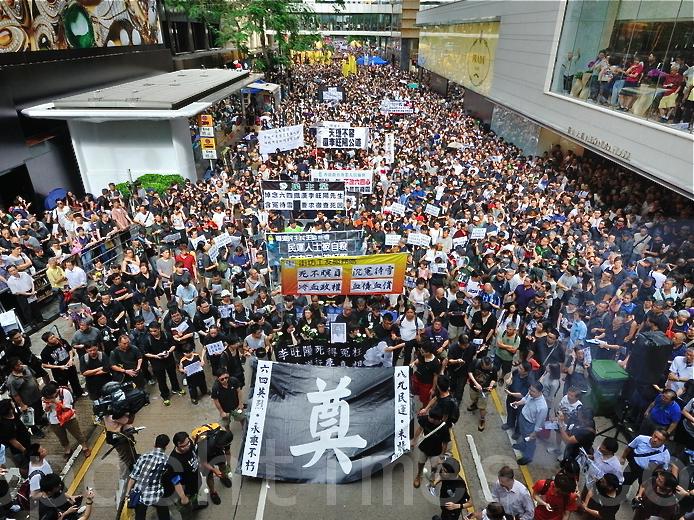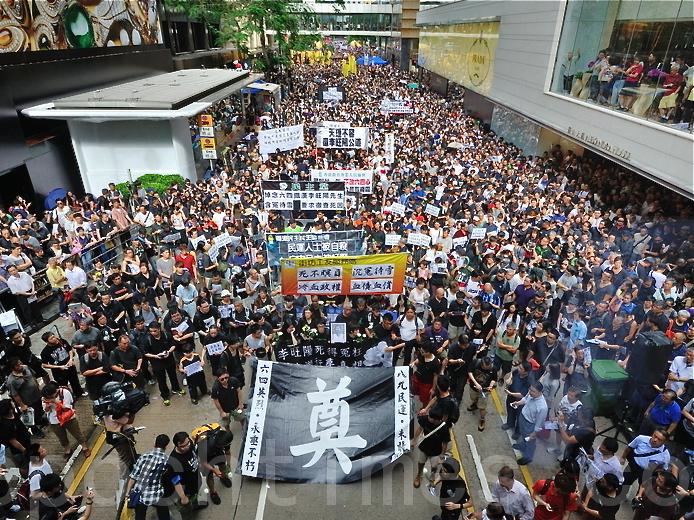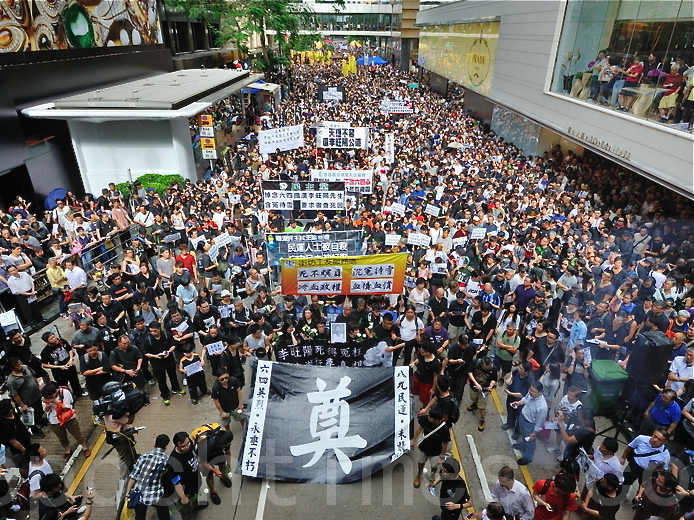On June 13, the Hong Kong-based Information Center for Human Rights and Democracy (ICHRD) revealed that during his time in jail, the recently deceased Chinese democracy activist and dissident Li Wangyang was imprisoned for long periods of time in the so-called “coffin cabin,” a prison cell only slightly larger than a coffin case.
In 1989, after trying to establish an independent labor union in his hometown of Shaoyang City, Li was sentenced to 13 years in prison at the Longxi Prison in Hunan Province. According to the ICHRD, Li was placed inside the “coffin cabin” more than 20 times as a form of torture. Reportedly, the prison cell is 6.7 feet long, 3.3 feet wide, and 5.2 feet high. Li’s good friend Luo Xiaoqing told Hong Kong’s Mingpao newspaper that the longest time Li spent inside the “coffin cabin” was three months.
Lin Jiancheng, the reporter from a Hong Kong cable television station that aired Li’s last interview before his death, recounted to Mingpao that Li had spoken about the “coffin cabin” during their interview. Li described the cell as being completely dark, with lots of mosquitoes and other insects inside. In a corner of the cell, there was a hole in the ground for him to relieve himself. The cell contained two heavy gates with a small hole in the center for Li to retrieve his food. Li would frequently be subject to beatings while in the cell.
According to the reporter, Li also told him that the first few days after he entered prison, Li was subject to solitary confinement. When he protested against such treatment by going on a hunger strike, prison guards forced him to wear leg-irons that weighed over 110 pounds. The leg-irons were also rusty, which caused his skin to fester, up to the buttocks.
In the interview with the cable station, Li said that the police also used iron pliers to clamp his wrists. The pain was so excruciating that he would immediately faint.
Li was found dead on June 6 at the hospital where he was being treated for diabetes and heart disease. Although he appeared to have committed suicide, rights groups and Li’s friends and relatives have voiced their suspicions over the odd circumstances of his death. Concerned parties have also called for a thorough investigation into the cause of his death.
The ICHRD also reported that Li’s sister and brother-in-law Li Wangling and Zhao Baozhu have not yet returned to their home in Shaoyang City from the hotel where they were staying to oversee Li’s funeral, though it has been confirmed that they checked out of the hotel on June 9. The ICHRD suspects that Li and Zhao have been placed under police surveillance somewhere and prohibited from leaving the premises.
Meanwhile, human rights and democracy activists in Shaoyang City continue to be monitored and suppressed by local police. The ICHRD reported on June 13 that Li’s good friend and human rights activist Huang Lihong was arrested by local police at her home on the evening of June 12. Washington D.C.-based rights group Chinese Human Rights Defenders reported that another of Li’s friends, Yin Zhengan, is currently under close police surveillance and prohibited from leaving the teahouse that he owns.
The Epoch Times publishes in 35 countries and in 19 languages. Subscribe to our e-newsletter.







